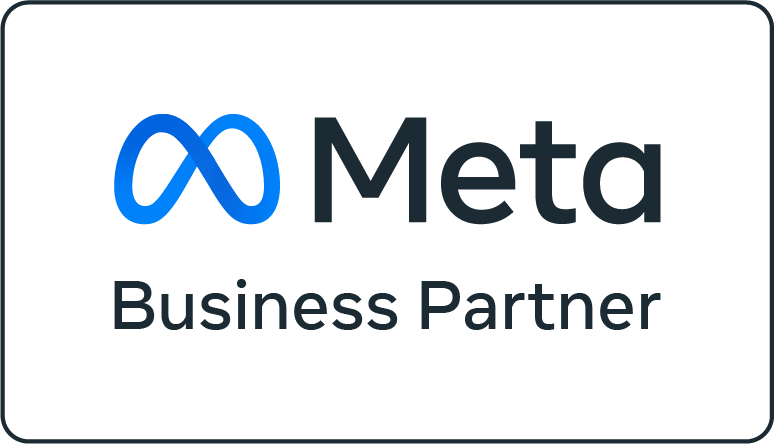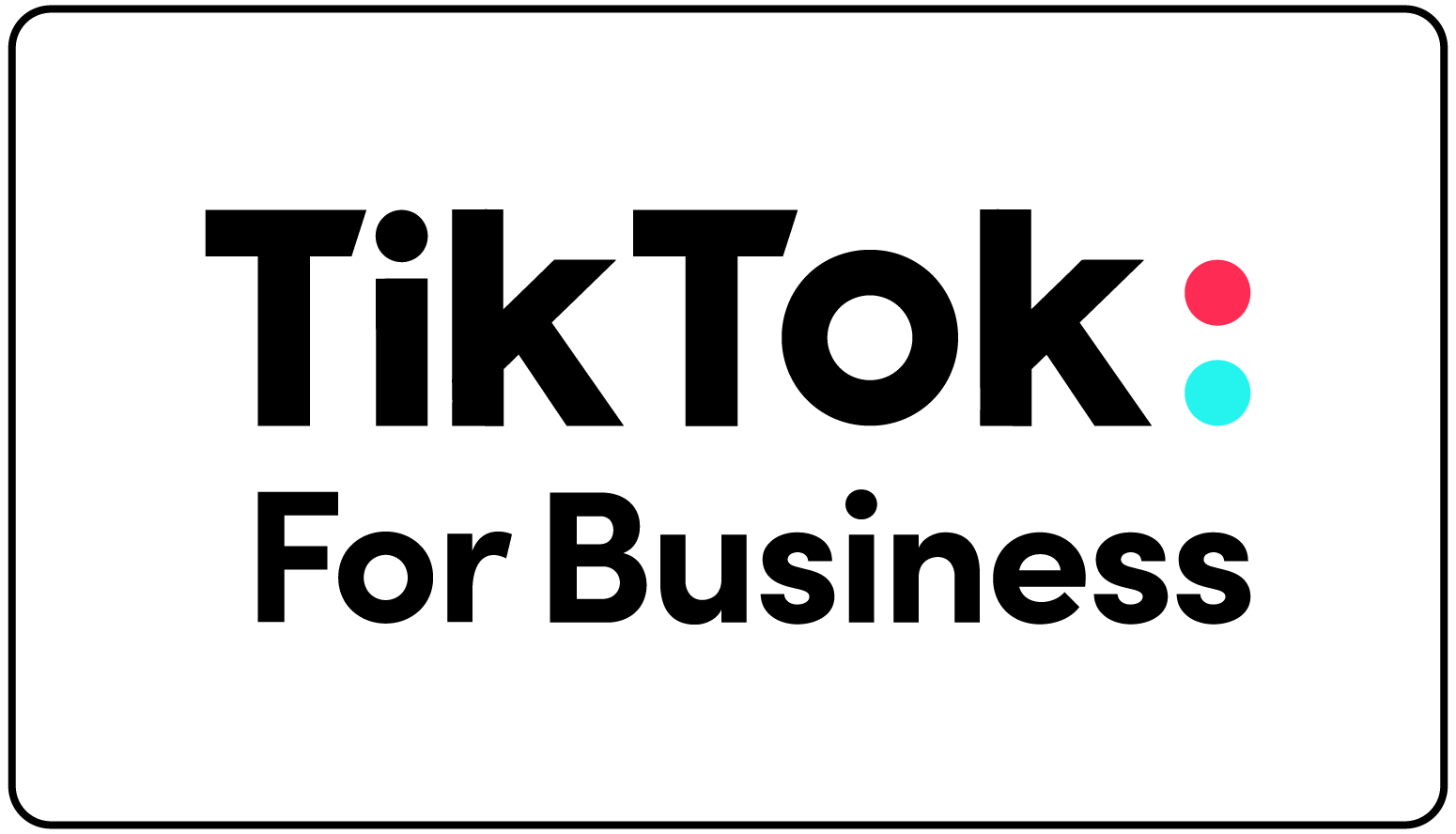A common thread in the business is advice. People are always seeking out best practices and thoughts from others. The structure of that advice can vary wildly from a trusted mentor to peer groups or a formalized corporate board. To get some thoughts on the topic, we interviewed four entrepreneurs about their perspectives: Paul Lee, co-founder of Roniin; Aaron Schwartz, founder of Modify Watches; Dan Putt, founding partner of Reboot.io (and co-founder of Matchnode); and Andy Crestodina, co-founder / Strategic Director of Orbit Media.
(Twitter Links and bios at the end of this post).
1. How have you sought out and/or provided advice from mentors / peers throughout your career?
DP: I’ve always been a big fan of genuinely connecting, learning from, and supporting others. I’ve found some of my best opportunities and relationships throughout my career have come through genuine relationships either with peers or mentors where I’m giving as much as I’m getting. I’ve found the best way for me to connect with mentors and peers was to talk to lots of people, reach out to many who I’m genuinely interested in connecting with, and go into a conversation without any requests or needs other than to get to know them better.
PL: I don’t go in with the notion of seeking advice, I’ve always just networked to see if I could be helpful. That approach has initiated conversations and most folks pay back in kind with mentorship and advice.
AS: I have been fortunate to have great advisors throughout my life: family friends from Cleveland, partners at Deloitte (my first job out of school). I met the vast majority of advisors through my time at UC Berkeley’s Haas School of Business. Professors, friends who are entrepreneurs, alumni who participate in various events.
The best thing I’ve done is be *very* open about issues I’m having with my startups. What I’ve found is that folks want to help. And that by discussing my business in a very candid way, people will come out of the woodwork to help, or make an introduction to someone who can. Too often entrepreneurs are closed and say, “All is great!” If you want help, make sure people know it.
AC: I have! I’ve sought out advice over the years in three ways.
- I’ve hired and worked with small business advisors
- I’ve joined CEO peer exchange groups
- I’ve participated in and created mastermind groups
Although I’m not doing any of these at the moment. My company currently has a full-time, professional CEO (and mutual friend of ours) Todd Gettelfinger. Todd is a mentor in many ways to me and a lot of people here at Orbit. And I get to work with Todd every day.
2. What types of different professional advisory settings have you participated in? Which have been most effective and least effective?
AC: They’ve been a wide range. Most of these groups have some emphasis on networking, which makes sense since top-line revenue is one of the top concerns for almost every company. But groups often want to de-emphasize this benefit to differentiate themselves from leads exchange groups like BNI and LeTip.
I’ve found a pattern in these groups:
- Networking benefits are best in diverse groups, where the participating companies come from different industries.
- Advisory benefits are best in groups that are very homogenous, where the participants are most likely to have dealt with similar issues.
Regardless of the type of group (mastermind, peer-exchange, online community, chamber of commerce committee) benefits depend on membership.
AS: I have had 3 formal advisory relationships that have been valuable:
-
One of my best friends is the CEO of Magoosh, a leading test prep company. He and I talk daily. When I have an issue – strategic or tactical – I can jump right into my situation and he can advise without unnecessary background. Having a frequent rhythm also means that he can help me more directly, since he knows how I tend to approach problems.
-
I’m a member of Cal Founders, a network of entrepreneurs who are affiliated with UC Berkeley. Entrepreneurs from all levels (newbies through folks who have sold a few businesses) means that I get feedback from all perspectives.
-
I joined Vistage, which is a great network of business leaders. We have monthly meetings with a small group, and then 1:1s each month with our group leader.
All of these increase in value the more I participate. Great practical advice requires some level of business understanding in my experience.
DP: I’ve participated in a number of advisory and peer groups throughout my career, although most have not been formal in setting. I’ve been part of small entrepreneurs groups (informal, regular meetings with the same folks), worked closely with coach and mentors, facilitated small group discussions (a bit more formal), and even been part of a Benjamin Franklin inspired small group (or Junto). In my experience the most effective for me were the very open mentor / coaching relationships, the informal entrepreneurs group, and the facilitated entrepreneur small group discussions – all places where trust, openness and authenticity were valued above everything else.
In fact a big driver for why and how I ended up doing the work I do with Reboot is my experience with mentors and peer groups. I’ve also learned the importance of the right kind of structure to create an effective group, which is why I’m so personally excited and driven to continually improve our own Reboot Peer groups (shameless plug: check them out at reboot.io/services/peer-groups/).
PL: I generally haven’t entered into formal advisory type roles. I have aligned economics through where I have some capital at risk (as well as upside). I tend to find that makes me care more. Obviously, the primary motive is to be helpful but I find that alignment is a key factor in making the mentorship effective.
3. How do you reconcile conflicting advice?
AS: Conflicting advice is great, because it forces you to make a hard choice. It’s very easy to skate by and say, “yeah, we’re going down this path.” It’s much more difficult to say, “We are not going down this other path.” “Reconcile” the conflicting advice by considering the backgrounds of your advisors and where you want to take your business (it is your business). And then be definitive about your choices.
PL: I look at advice as just that, advice, not orders. I process all the information and I rely on my own judgment to filter through and reach a conclusion.
DP: This is a difficult one, and gets increasingly more challenging when the advice is coming from sources you highly value and trust. I think what’s been useful for me is to really give myself the space and time to find what my gut has to say about the situation, taking some time to ask myself what feels true and what does not feel true in the advice I’ve received. I often find that some part of my own intuition is aligned with one part of the advice I’ve been given. It’s important to remember that advisors and peers do mean well, and they may have more experience than you, but no one is likely to know more about a given situation than you are.
AC: There isn’t necessarily a lot of conflicting advice in these groups. Members have an instinct to respect each other so they seem unlikely to disagree.
But every answer to questions and suggestions for problem solutions are so case specific. The answer is always “it depends.” Getting really specific actionable advice is actually not as common as you’d think. Just having people to bounce ideas off of and to commiserate with is a big reason people get involved.
4. What is the largest pitfall of advisorship that you’ve encountered?
AS: The best way to get help from advisors is to be precise with your asks. If you are too broad (“What should I do about our sales numbers?”) you’ll get broad – useless! – advice.
Find people who want to advise you, and do so with no compensation because they’re fans of your business and fans of you. If you think you’re nagging an adviser, you probably are.
DP: I think similar to the question above, the biggest pitfall of advisorship I’ve encountered was getting too wrapped up in the “credentials” of an advice giver, and thus ignoring my own instincts or thoughts on a given situation.
PL: The biggest issue is when neither party is really getting anything out of the relationship. When it begins to feel like an obligation for either party, it’s probably time to end the relationship.
AC: People who are the best problem solvers don’t really need these groups, so it’s hard to find a superstar who knows your industry and can provide great advice consistently.
It’s easy to find people who want to get together, who can listen, who are happy to share connections and possibly referrals. But you might need to look hard to find the best advice. If you find a few people who can really offer solid input, you might want to start your own group and invite them. Then you’re sure to get people who can add value.
5. What is the largest general benefit you’ve received from an advisory relationship?
DP: Tremendous, rich, meaningful, life-long, educational relationships that have a strong history of experiences and are built on trust. A lot of people that I would consider former advisors and peer advisors have become people I know I can always turn to for input, advice, help, and support.
PL: The largest benefit is obviously the unique perspective (tempered by their experience) that they bring to the table and how that perspective can be added to my “gut feel” for the situation.
AS: I’m very narrow in my worldview. Everything is about custom watches. I get the most value from advisors who know about our business that they have insight into what we’re doing, but a more worldly view about what we should *consider* doing: i.e. those who care about me and the business, but don’t only care about the next milestone.
AC: Friendship.
I’ve formed many long term relationships and met many wonderful people through advisory groups. When I look back and think about how I met many of my business connections and friends, a lot of them were from groups that I was part of 10 years ago.
It’s also very rewarding to share you own advice. You get what you give, so be as generous as possible sharing your own wisdom, insights and experience.
People are the best thing about business. And teaching/learning should be core to any serious professional. This is what advisory groups are all about!
Matchnode wrote this post in part to inform our own decisions on how we build our business. We hope that you found it valuable as you build yours. Special thanks to:
@iPaulLee: CEO & Co-founder @RONIIN, ex-GP at @Lightbank, ex-founding Partner at NBC’s Peacock Equity, Adjunct Lecturer at @KelloggSchool, Director at @Lifeway_Kefir
@MosesOfWatches: Director of Player Personnel for @ModifyWatches. Friend of @young_sue and dogs on the street. I take it to the next level – smoothly.
@danputt: CPO and proud partner @reboothq – new father, learning husband.
@crestodina: Web strategist and co-founder of Orbit Media (@orbiteers). Speaker, content marketer, environmentalist and author:http://www.orbitmedia.com/contentchemistry



